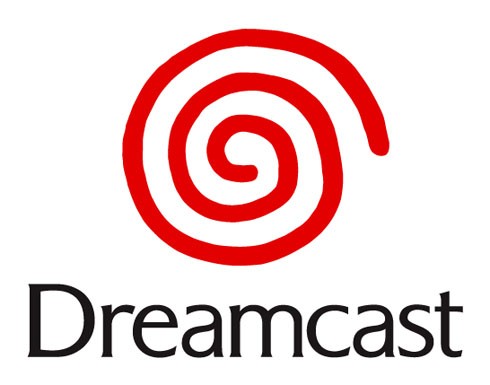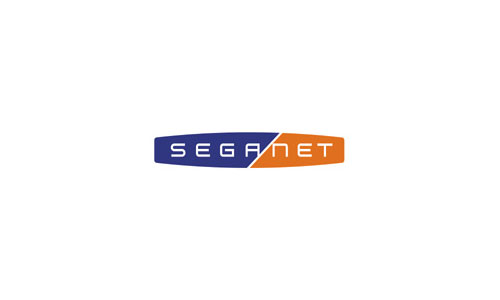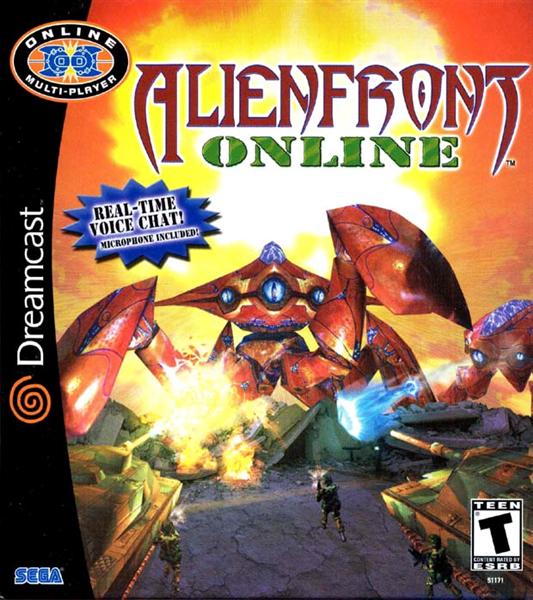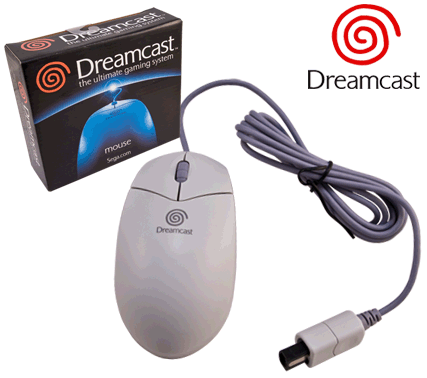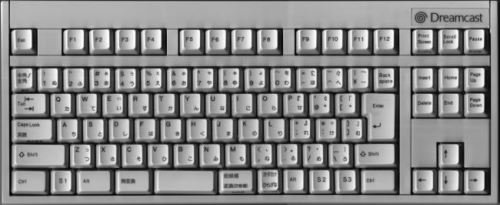Dreamcast Retrospective Day 7: Ooga Booga
 Mon, September 7, 2009 at 5:24 PM
Mon, September 7, 2009 at 5:24 PM Despite the Dreamcast’s relative obscurity in the gaming world, there are a good number of its titles that have become fairly well known, many of which have already been featured in this retrospective.
This is not one of them.

Ooga Booga may not have the popularity of Crazy Taxi or Space Channel 5 or Jet Grind Radio, but it definitely has the fun to compete with the best of its better-known peers.
It belongs on that special list of games, and every true gamer possesses such a list, that I can claim to have heard of and adore but nobody else has any idea what I’m talking about.
Ooga Booga is a simple title and, as the name subtly hints, is not a serious one. It is a relatively straightforward action game that, because of its simplicity, still manages to retain its charm and fun factor to this day.
You played as the Kahuna, or witch doctor, of one of four charming tribes: Hottie, Hoodoo, Fatty, or Twitchy. The goal was to compete on mysterious island arenas for the favor of the Volcano Goddess by battling the other tribes. Each tribe has their own strengths and weaknesses, as well as a special ability. Other weapons at your disposal include shrunken heads, which can be collected from all around the levels and thrown at your opponents, and spell tokens, which you can pick up to use spells such as mines, fireballs, lightening, tornadoes, and meteors, among others. You can also catch one of the creatures of the island, either a boar or a bird, and run around on it and attack other players. Finally, you can claim Tikis using shrunken heads as payment and they will act as automatic turrets, attacking enemy tribes whenever they come near.
It is simple, arcade-style fun, and incredibly addictive. There are even multiple match types to change things up. Most time will be spent in Smakahuna, which is a free-for-all match type where each tribe competes for points earned by attacking other players. In Rodeo mode you can only score points by attacking enemies while riding an animal, and in the wonderful Boar Polo mode, you ride on boars and play what is essentially a very bizarre game of soccer, using the boars to push a giant ball down the arena, around obstacles, and into the opponent’s goal.
By playing the single player Tribal Trial mode you could unlock not only expected game content like spells and creatures, but also new Kahunas, stages, and other wacky fun things. Or you could just use the cheat codes, which were awesome and numerous. The unlockable characters were simply awesome. You could play as Death, Disco Dude, a Leprechaun, a Pirate, and more, all of which had plenty of charm and personality. There were also multiple decorative masks you could unlock for each character.
Like so many titles on the Dreamcast and so many aspects of the hardware itself, Ooga Booga was ahead of its time. It came too late in the Dreamcast’s life cycle to catch on with anything even approaching a large audience and, let’s face it, the game is a little too weird to be tremendously popular anyway.
But the game is a great example of a terrifically addictive party game that is a blast when you get a bunch of friends together to play it. It would be a truly perfect fit in the modern gaming landscape as a downloadable title on Xbox Live Marketplace or PlayStation Network, or even on the Wii, complete with a few modern conveniences and online play with a nice broadband connection. I doubt there’s anywhere close to enough demand for such a remake to actually happen, but that doesn’t mean I can’t keep the dream alive.
The game did include online play that was a lot of fun in its day. It wouldn’t exactly have given Xbox Live a run for its money, but but it was still fun, and better than anything else at the time.
As it stands, it might feel a little dated, but I can almost guarantee that if you get a group of people together to play this game and go into it with an open mind, then you’ll still end up having a blast.



